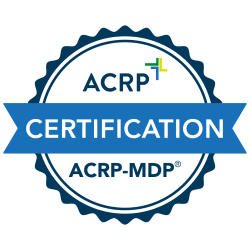Whether it is a case of early-career love at first sight or an arena that a seasoned job seeker enters for a change of pace after time spent in traditional drug studies, there’s little doubt that specializing in clinical trials of medical devices can be an attractive and rewarding, but very different, rodeo for clinical research professionals to play in.
You’ve probably heard it all before: The clinical research enterprise has a problem with expecting new hires in what are often basically low-paying, entry-level positions to already have two or more years of experience with the position’s duties. It’s a talent acquisition model that does no one any favors, especially at the study site level where a healthy pipeline of new clinical research coordinators (CRCs) would go a long way to alleviating delays in trial conduct.
Clinical Trial Management Systems (CTMS) are software platforms that provide clinical research sites and research study staff with the ability to manage all operational aspects of a clinical trial, both at the study protocol level and participant level. A CTMS platform can help streamline study start-up processes, provide real-time visibility into the status of a study, improve collaboration through automated workflows, and optimize financial management processes.
How can clinical trial sites decrease the most common noncompliance issues cited in regulatory inspections? It’s a big challenge to sites of all types, and one with major impacts on the safe, ethical, and efficient conduct of life-enhancing drug and device studies.
Expert speakers attending ACRP 2025 in New Orleans next April offer a path out of the recruitment murkiness and into the light in their session on “Best Advertising Practices and Partnerships for Patient Recruitment Success.” This diverse group will present perspectives from sponsors, contract research organizations (CROs), sites, and IRBs.




